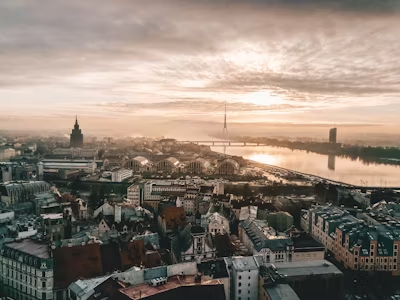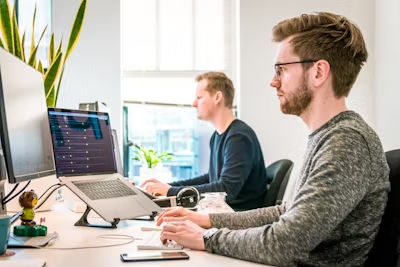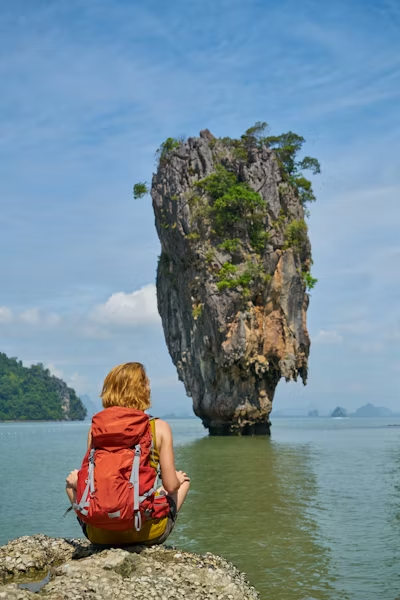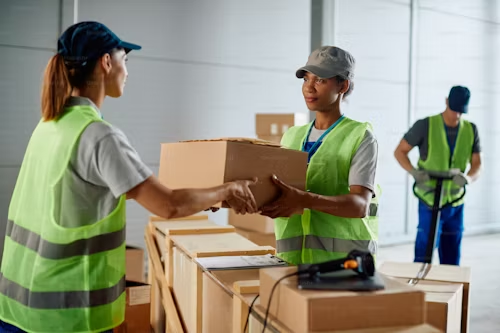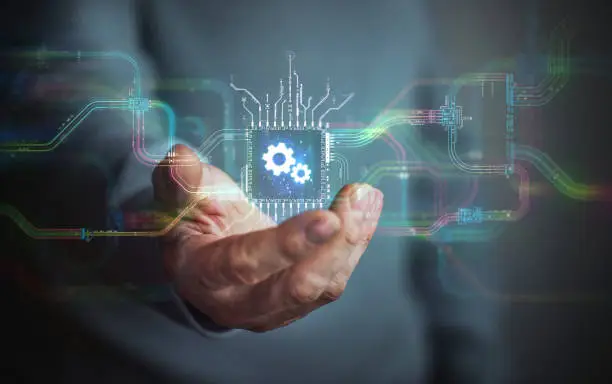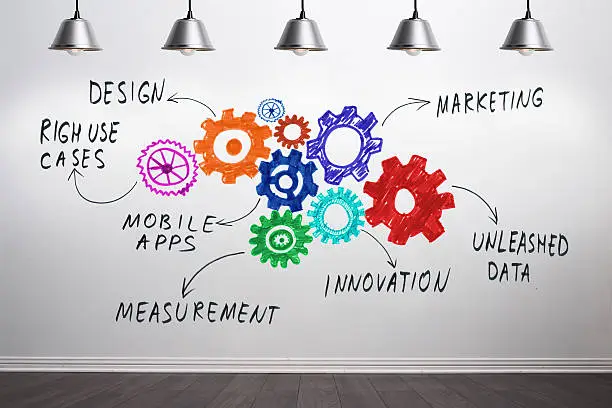Protecting intellectual property (IP) in the music and entertainment industry is crucial to ensure that creators, musicians, and businesses can benefit from their work and prevent unauthorized use or exploitation. There are numerous methods to safeguard the intellectual property associated with music in Latvia, as there are in many other nations. A guide on Latvian intellectual property protection for the music and entertainment sector is provided below:

Copyright protection
In Latvia, copyright is the main method of defense for works of music and entertainment. The exclusive rights to the creator’s creative works, including music, lyrics, sound recordings, videos, and performances, are immediately granted. What you should know about copyright protection is as follows:
Enrollment
When a work is created in Latvia, copyright protection is applied automatically. The acquisition of copyright is not contingent upon registration. However, preserving a record of your creation date may be useful in the event of future legal difficulties.
Duration
The typical duration of copyright protection is the author’s lifetime plus 70 years after their death.
Rights
The exclusive right to reproduce, distribute, perform, and exhibit one’s work is known as copyright. Any misuse of copyrighted content without authorization is regarded as an infringement.
Music licensing
A key component of the music business is licensing. This enables artists to provide permission for the use of their music for certain reasons while still maintaining ownership of their creations. Licensing can be done through various means, including:
Mechanical license
A mechanical license is required to copy and distribute musical works. Collecting organizations like the Latvian Authors Association are normally in charge of this.
Performance license
A performance license is necessary for the public performance of music, and these licenses are often handled through collective management organizations like the Latvian Authors Association.
Synchronization licenses
A synchronization license is required when music is used to synchronize with visual material (such as movies, TV programs, and ads).
Trademarks
Brands connected to the music and entertainment industries, such as record labels, event planners, and products linked to music, must be protected through trademarks. By preventing others from using identical marks that would mislead customers, trademark protection offers consumer protection.
Enrollment
You should apply to the Latvian Patent Office (LPO) to get brand name assurance there. An inquiry is led as a feature of the application method to search for disjointed markings.
Duration
In Latvia, trademark protection is granted for 10 years and is renewable forever.
Agreements and contracts
In the music and entertainment industries, contracts are essential for protecting intellectual property rights and outlining the conditions of cooperation. Several important agreements include:
Artist contracts
Contracts between record labels and artists that specify rights, royalties, and other factors.
Agreements for publications
Contracts for the usage and distribution of songwriters’ songs with music publishers.
License contracts
Contracts between people wishing to utilize the music for certain purposes and the copyright owner.
Neighboring rights protection
Apart from copyright protection, Latvia also recognizes neighboring rights, which are the rights of performers and producers of sound recordings. The performance and recording of music are protected by neighboring rights, ensuring that musicians and music producers are fairly compensated for their labor.
Artists’ rights
The live performances and any recordings of such performances are the exclusive property of the performers. These rights include the option to permit or forbid the live performances of these artists from being recorded, transmitted, and reproduced.
Producers’ rights
Sound recording creators have the option to allow or forbid the copying and dissemination of their works.
Anti-piracy measures
The entertainment industry is exceptionally worried about the issue of robbery. Protected works that are disseminated and shared without consent might make organizations and creators lose a truckload of cash. Safeguarding your protected innovation might be accomplished by utilizing anti-piracy measures
Digital technology
To stop illicit copying and distribution of digital music files, use DRM technology.
Anti-piracy surveillance
Track websites and online platforms to spot and report instances of piracy.
Takedown requests
Report copyright violations to the appropriate platforms and ask them to remove any material that is not allowed.
You can also find these articles helpful
Start a Software industry business in Latvia
Starting a food industry business in Latvia
Start a Health Care Industry Business in Latvia
